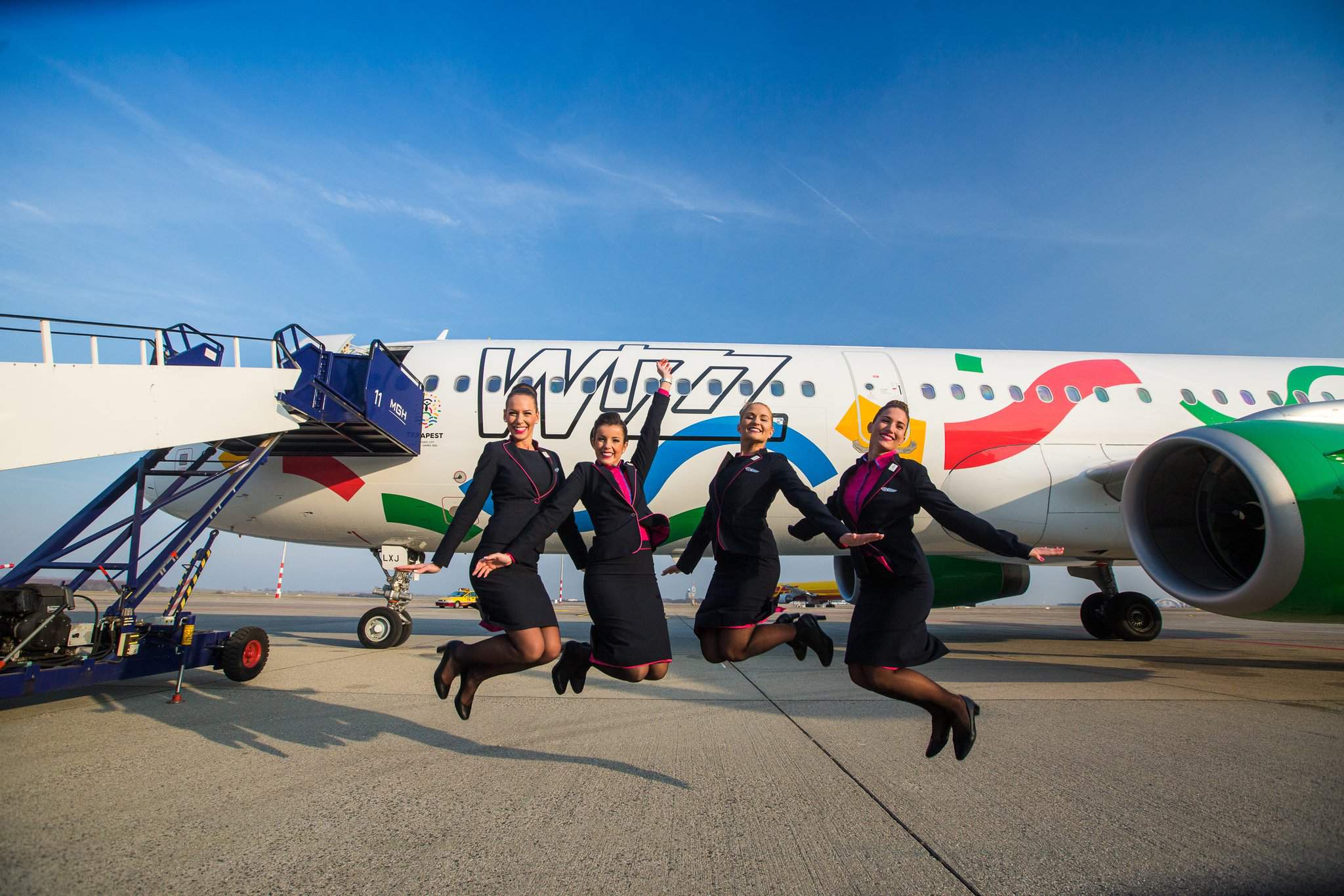This is how air traffic restarts – stricter rules, safer flights
The European Union Aviation Safety Agency (EASA) published its health and safety protocol which says that people should keep the 1.5-metre distance whenever that is possible, everyone should wear a face mask, and duty-free shops should remain closed. Airlines are relieved since the agency did not impose a ban on selling middle seat tickets.
Accepting such a ban would have meant that flights should have been operated with only 66 pc utilisation; however, 73-75 pc is needed for their profitability. As a result, all airlines should have increased their prices significantly and that would be bad both for them and their passengers. Fortunately, the EASA decided against accepting such a strict measure.
Tivadar Körtvélyesi, the co-chief editor of AIRPortal, told hvg that, based on the EASA’s decision, all airlines should use HEPA filters on their planes, which
replace the air every 3 minutes.
Based on a study done by the International Air Transport Association (IATA), nobody was infected on board from the 100 thousand passengers they asked. Therefore, Mr Körtvélyesi said that with the help of the new filters and by constant air ventilation, the spread of the virus can be baulked on board.
- Air France, Finnair to resume flights to Budapest
- Lufthansa to relaunch several Budapest flights
- Coming in June: Several airlines to restart their flights from Budapest
Meanwhile, getting the infection is more likely at airports during the check-in procedure, the security control, and the boarding process. EASA said that people
have to keep the 1.5-metre distance at the airports,
and the danger of getting infected by touching objects should be reduced to a minimum.
Therefore, EASA announced the following directives:
- People should be encouraged to use digital solutions like doing the check-in at home or paying without using cash.
- Only passengers and crew members should be allowed to enter the airport.
- All buildings have to be continuously cleaned.
- The reopening of non-essential airport services should be phased.
- Face masks should be used while staying at the airport.
- Food and drink services should be reduced.
- One of the toilets should only be used by staff members.
- If one of the passengers shows symptoms of the coronavirus, they should be separated.
- Except for a valid reason, all passengers should remain seated during the flight.
Mr Körtvélyesi said that the EASA tried to find viable solutions. Wizz Air, a Hungarian discount airline, said after the agency’s announcement that
all airports should take part in the fight against the spread of the virus,
for example, by offering hand sanitisers or measuring the temperature of the passengers.
Source: hvg.hu
please make a donation here
Hot news
What happened today in Hungary – 26 July, 2024
Drama: number of births in a 20-year low in Hungary
Yay or nay? – 6 odd Hungarian delicacies that make our skin crawl
Budapest tourism “exploded” this past weekend
Container transport in Budapest may stop: How will this affect Hungarian economy?
Minister: Hungary will protect its territory by every means possible




